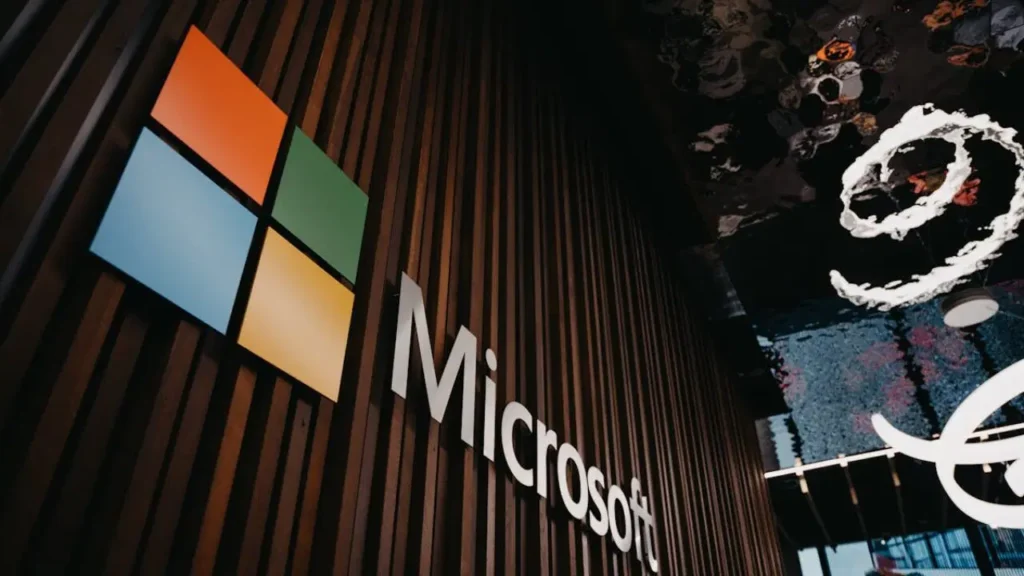Microsoft is expected to sign the European Union’s new AI code of practice, a voluntary initiative aimed at guiding companies in adhering to the recently enacted AI Act. The move comes as a clear signal of the tech giant’s intention to align with the EU’s regulatory approach to artificial intelligence, even as fellow tech titan Meta Platforms has refused to sign on.
The AI code of practice was developed by a panel of 13 independent experts and is designed to support compliance with the AI Act, which officially came into force in June 2024. The Act places obligations on developers of general-purpose AI models, including industry leaders such as Microsoft-backed OpenAI, Google’s parent company Alphabet, Meta, Anthropic, and French AI startup Mistral.
Brad Smith, Microsoft’s President, told Reuters on Friday that the company is “likely to sign the code,” describing it as a helpful tool to navigate the AI Act’s legal framework. “We believe the voluntary code can help bridge the gap between innovation and responsibility,” Smith said.
Signatories to the code will need to adhere to several key requirements. They must publish detailed summaries of the content used to train their general-purpose AI models and implement clear policies to comply with EU copyright law a growing area of concern as generative AI becomes more prevalent in creative and commercial sectors.
The code, although non-binding, is seen as a stepping stone toward full regulatory compliance. EU officials hope it will also promote greater transparency and accountability across the AI ecosystem, particularly as public and political scrutiny of AI technologies intensifies.
Meta Platforms, however, has opted out. The company, which owns Facebook, Instagram, and WhatsApp, has reportedly raised concerns about the code’s implications for business operations and intellectual property, choosing instead to focus on internal governance and technical standards.
With Microsoft moving toward adoption and Meta taking a divergent stance, the AI code of practice may become a key litmus test for how tech giants balance innovation with ethical and legal responsibilities in the European market.

